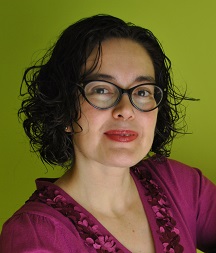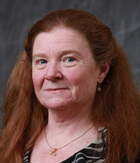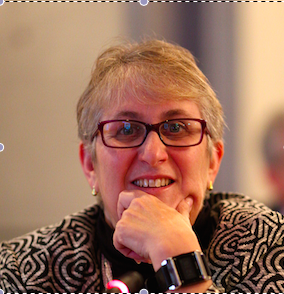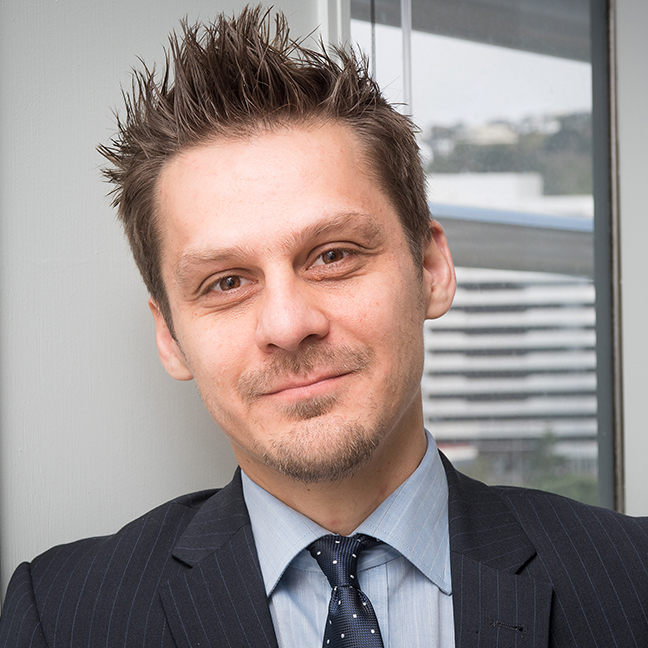Submission Options
Since we are looking to promote discussion about an emerging area and to know more about
how the Social Good can be reach by means of using Semantic Technologies, we encourage authors to
keep the following options in mind when preparing submissions. Regardless of submission type, some focus
should be given to (a) how data and knowledge can be used to achieve the SDGs (this can imply ontologies,
vocabularies, reasoning, and linking, among other topics related to the Semantic Web) and
(b) sucessful scenarios in which Semantic Web topics have an impact in Social Good issues.
Works-In-Progress: To facilitate sharing of thought-provoking ideas and high-potential though preliminary research, authors are welcome to make submissions describing early-stage, in-progress, and/or exploratory work.
Demonstrations and Posters
White Papers
Traditional Papers
Submission Guidelines
Submissions must be not anonymized and in PDF, formatted in the style of the Springer Publications format for Lecture Notes in
Computer Science (LNCS). For details on the LNCS style,
see Springer’s Author Instructions.
At least one author of each accepted paper must register for the workshop, in order to present the submission there,
and to the conference. For further instructions please refer
to the ISWC 2019 page.
Submissions will be evaluated according to their significance, originality, technical content, style, clarity, and relevance to the workshop.
Submissions in all the categories mentioned above will be peer-reviewed by acknowledged researchers
familiar with the theme of the workshop.



